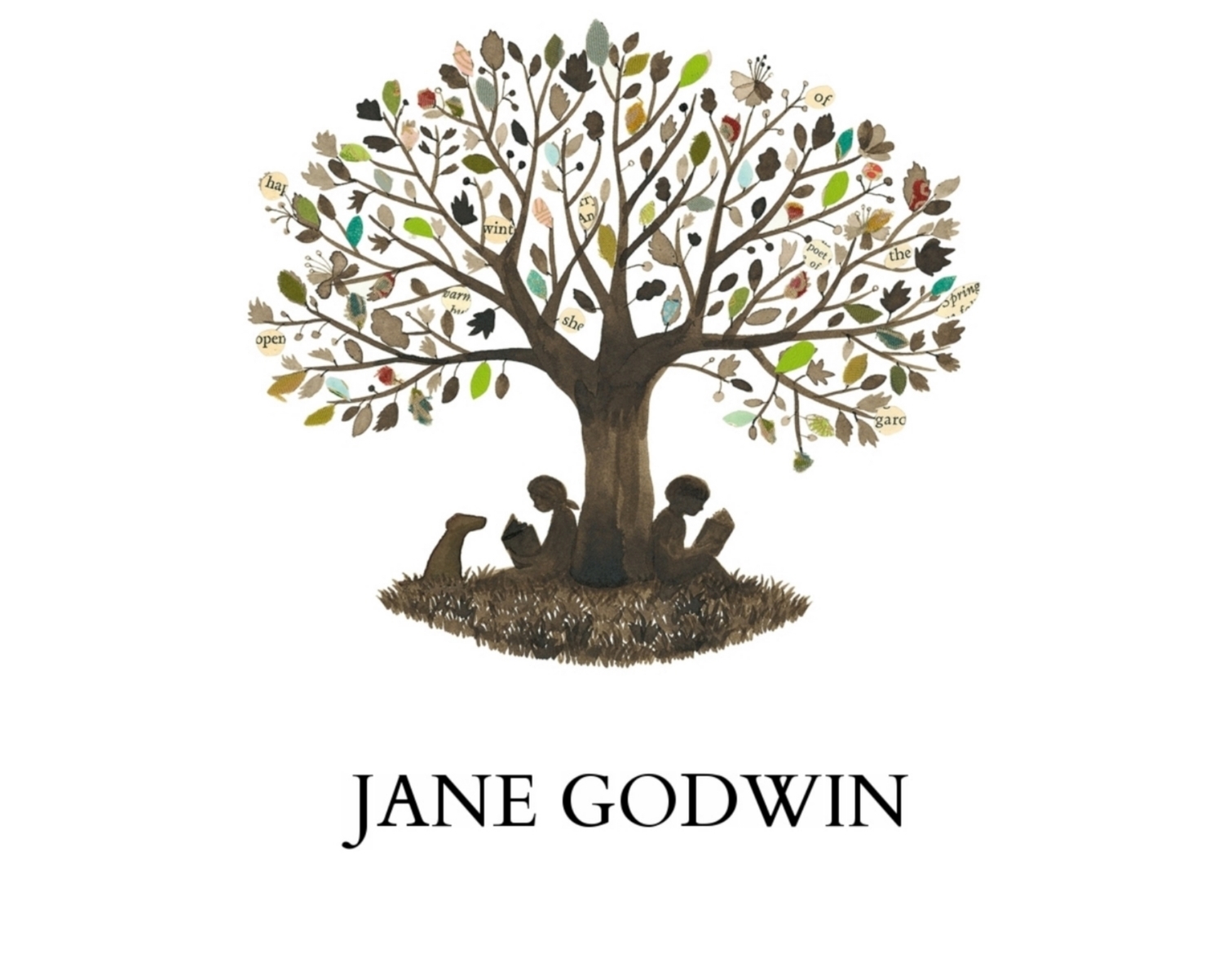This book is centred around a famous quote, sometimes attributed to Einstein, although I think it’s pretty widely believed now that he never said it. We don’t know who said it! The quote goes like this:
‘Everybody is a genius. But if you judge a fish by its ability to climb a tree, it will live its whole life believing that it is stupid.’
Terry and I talked a lot about what that famous quote is really saying. We didn’t want the underlying message of the book to be that we can’t learn things, or that everyone has to excel at one thing. The last thing we wanted is for the child reader to think, well I have no special skill, I can’t do anything!
So, what is instinctive, and what can we learn?
A baby can grow up and learn to make a cake. A fish can’t grow up and learn to climb a tree.
An animal relies more on instinct, although animals learn from each other, and some animals can grow up and learn things, like a dog can learn to be a human’s eyes.
And people have different ‘instinctive’ traits, too - musical ability, hand-eye co-ordination, even a sense of humour. Sometimes you can see a sense of humour even in a baby. Also a sense of empathy. These are all aspects of their personality, and they often lead into the child’s interests and abilities, and they become ‘good’ at them.
I deliberated a lot about the resolution of the book and the last couple of pages, and rewrote it many times.
Originally the second last line was ‘You are excellent at something too.’ But the word ‘excellent’ seemed to carry a connotation of high-achieving, academic excellence. So I changed ‘You are excellent at something too’ to ‘You can do wonderful things, too. It’s true.’
Wonderful things about an individual may not be necessarily academic. You might be a good friend, good at being kind. You might be excellent at making bacon and eggs, or drawing Bart Simpson, or a good listener, or good at telling jokes, or making cubbies, or sandcastles. That’s why I had the penguins caring for each other, and the dog being a good and loyal friend as their special attributes - to show that those things are also great things. And wacky things are also impressive - like being able to hold your breath for a long time (seals), or to sleep standing up (horses)!
Or it might be something that isn’t valued by mainstream standards. I was reminded of this recently when I was in Yirrkala, an Aboriginal community in East Arnhem Land. Generally, kids up there may be classified as ‘behind’ in academic learning, but among them are kids who can spear a mud crab, and then pick it up without being nipped, paint magnificently on bark, play football like Cyril Rioli. Tell a wonderful story. Tap out a reggae beat with sticks on an upturned rubbish bin. Understand the nature of the place where they live in a way that appears innate. Many have a confidence in drawing that I rarely see in schools elsewhere. They know exactly where to find the turtle eggs and the mud mussels. They can construct a ground oven to cook in.
And there are lots of people who don’t necessarily ever excel at any one thing - but can still do many things, and enjoy many things. Most of us, in fact. And if you are lucky enough to be super talented in one area, often you don’t discover that until you’re older. Very few people know this as children. So the question becomes not What are you good at, but, What are you interested in?
So I think what we’re saying with this book is, Don’t judge people by a standard that is irrelevant, and don’t judge people by skills they don’t possess. Look closer and see what is special or unique about each individual. Appreciate people (and animals) for who they are, for their quirks and their unique personality, without making them adhere to some standard that someone has invented.
We all have different skills, talents and gifts, wacky traits and passions or interests and that should be appreciated, even celebrated. The last double page of the book shows kids doing all sorts of things – flying a kite, playing chess, helping a friend, cooking, writing, skipping – a huge parade from weird to sensible, esoteric, nutty, empathetic, the full Howard Gardiner multiple intelligences spectrum.
So we’re really using use this famous quote as a springboard to celebrate everyone’s own unique way of being, some of which is innate, some learned, and some a combination. And we’re saying something about the freedom of not judging people, or being judged, by any one standard. It’s very easy to judge people by one standard, but it’s not always helpful, or fair.
I hope you like the book, and enjoy selling it in. I hope kids find it fun, and a bit silly, and also thought-provoking. I hope it provides teachers with some jumping off points for classroom discussion.
PS! Terry Denton and I go back a long way. He illustrated my first book, published in 1997 – 26 years ago. That book is called Dreaming of Antarctica. Terry and I have been friends for more than 30 years. When I worked at Penguin I was his editor and later his publisher. Working with Terry has always been lots of fun.

